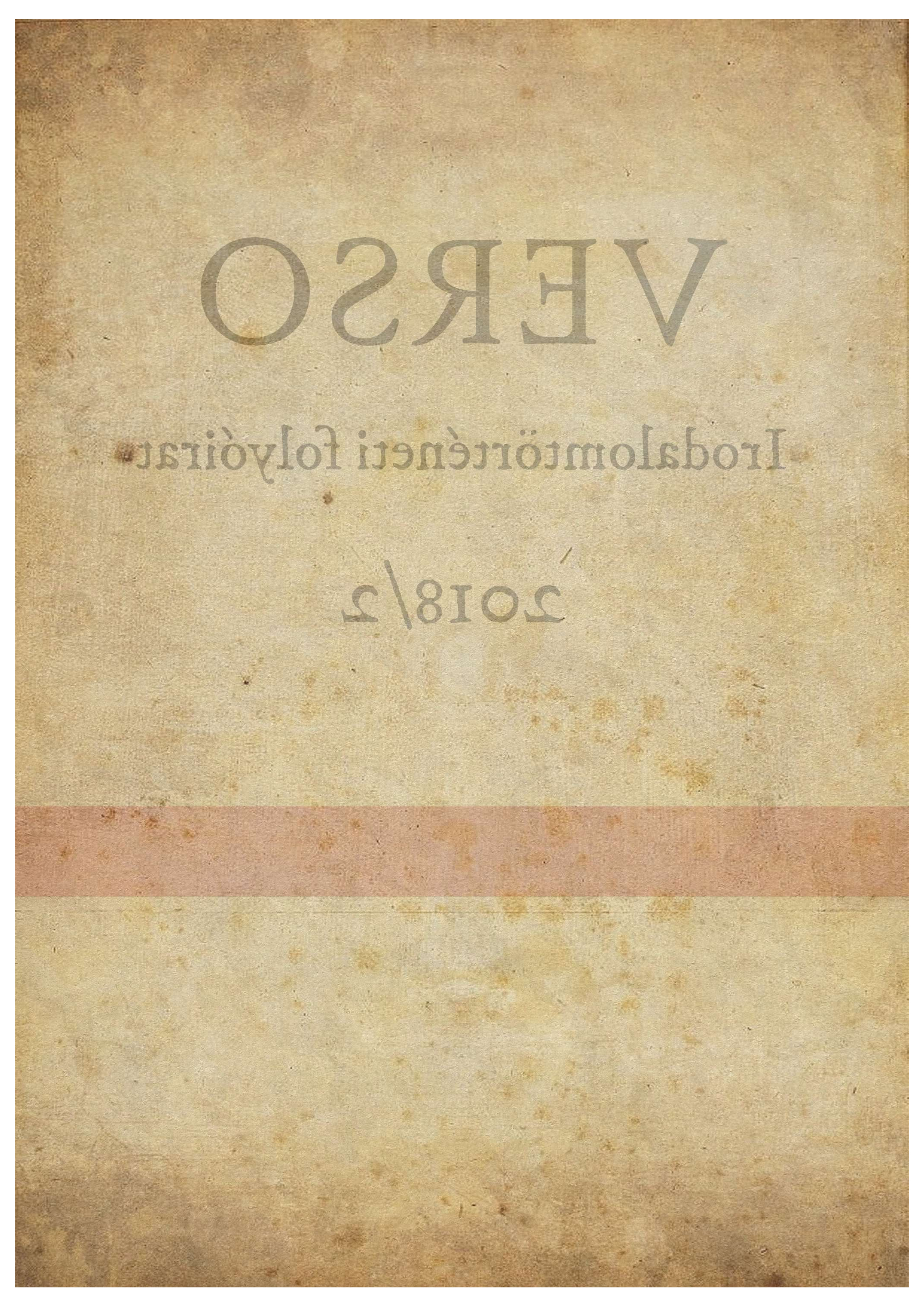Literacy in Late-Medieval and Early Modern Hungary
DOI:
https://doi.org/10.15170/VERSO.1.2018.2.7-22Abstract
This paper is a literature review completed as part of an OTKA project (109127) supervised by Iván Horváth. In order to shed more light on the context in which – according to extant data, roughly around the mid-fifteenth century – a demand for poems with a secular theme suddenly emerged, relying on the results of experts in the field we tried to reconstruct the levels of reading and writing skills in Hungary in the mentioned period. The overview produced three key observations. First, and rather unsurprisingly, it seems that in the period between the middle of the fifteenth century and 1536, written literature, that is literature to be processed through the act of reading, was not yet accessible for the peasantry, and even the lower nobility had a severely restricted access to it. Second, literacy becomes more or less universal among the male members of the aristocracy precisely in this period, so around the turn of the century, an increasing number of aristocrats with a literary interest can be supposed. Finally, it is even more important that among the ranks of the nobility, from the beginning of the fourteenth century until the end of the examined period, a group of officials making a living from their literacy can be indicated, and that urban literacy, predominantly developing in the German-speaking regions, has far surpassed all the other social ranks in terms of literacy levels.

